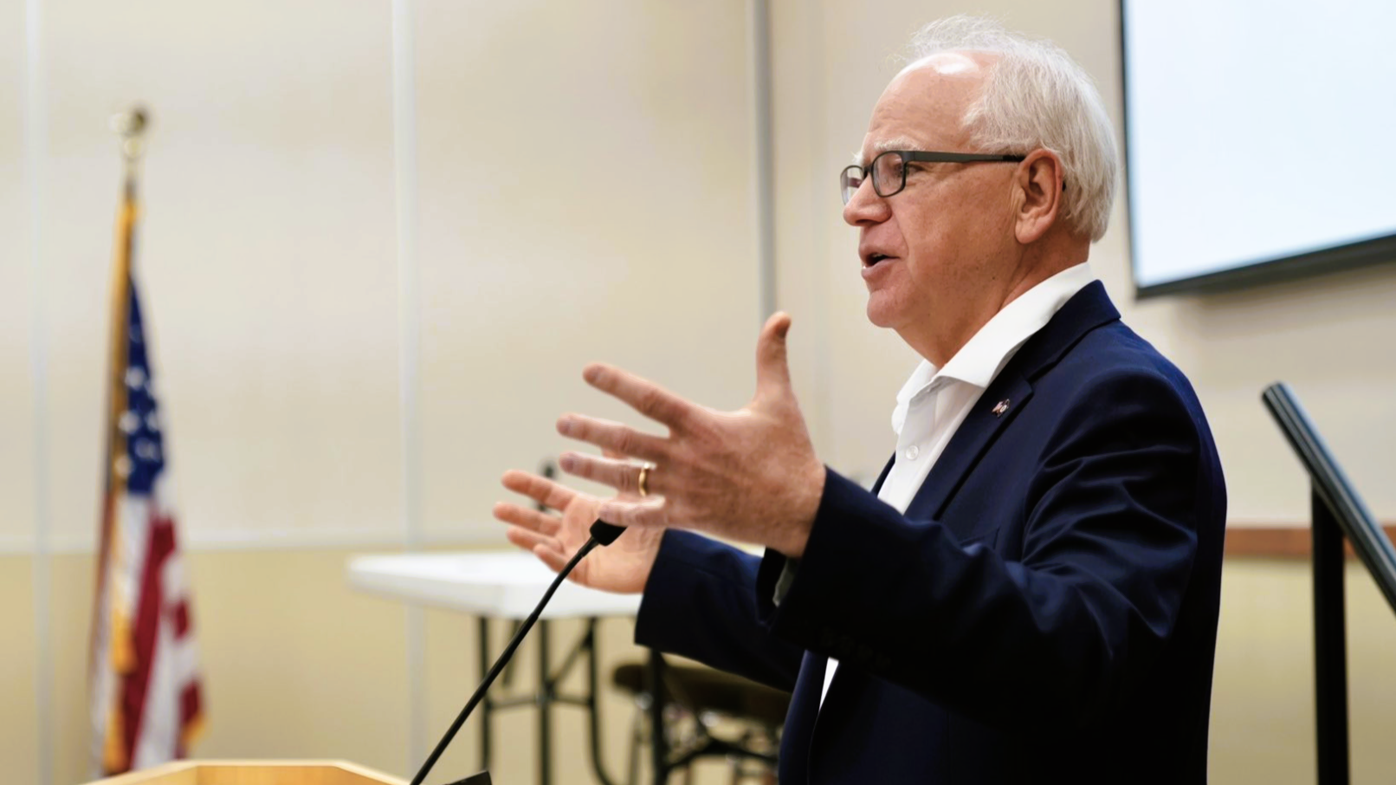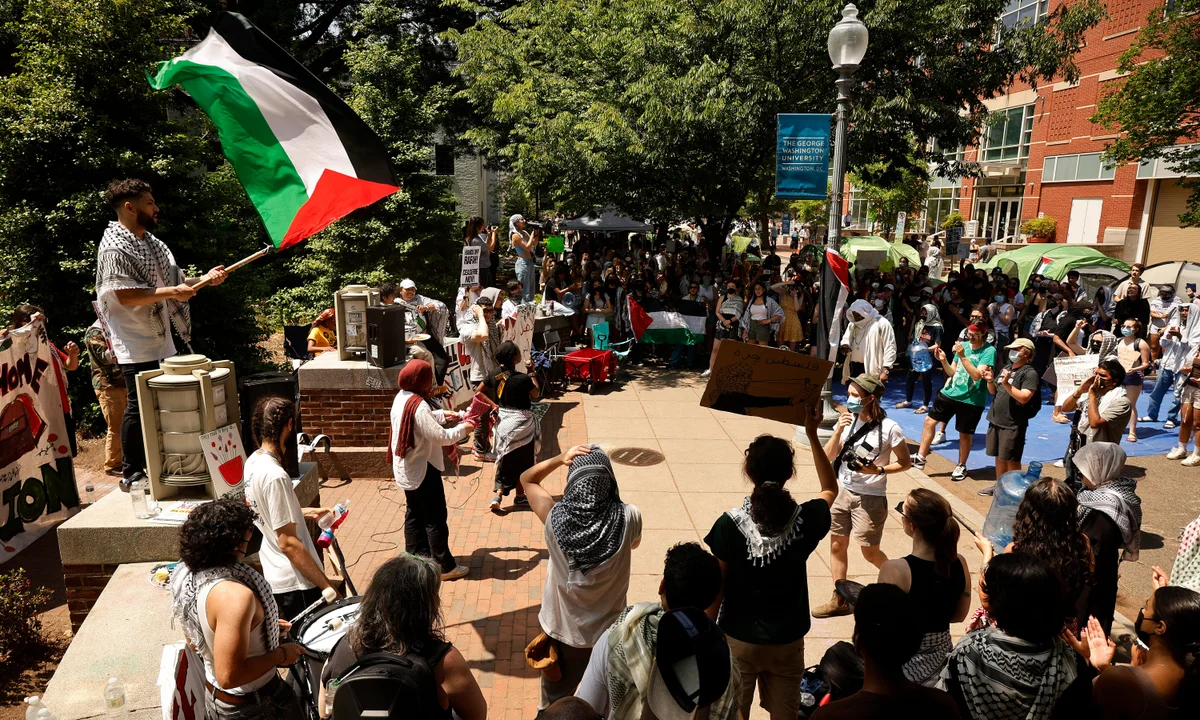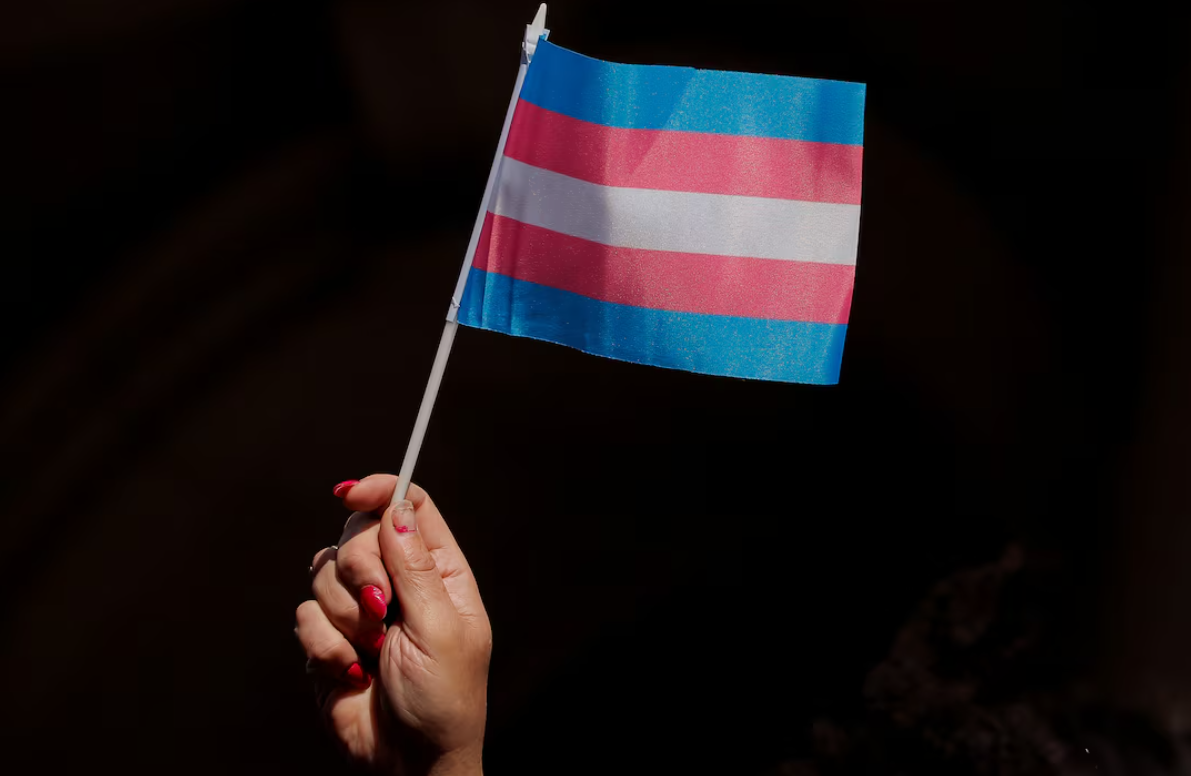Suit alleges that is depriving students of the opportunity to get a head start on college at schools that embrace their faith.
Areligious liberty group, Christian schools, and families from the schools are battling the state of Minnesota for banning certain Christian colleges and universities from using a free college credit program, a ruling a senior counsel called “disgraceful.”
The University of Northwestern, St. Paul and Crown College as well as families from the schools are “challenging a Minnesota law” that excludes universities requiring “students to sign a statement of faith from the state’s Post Secondary Enrollment Options (PSEO) program,” according to a news release from the Becket Fund for Religious Liberty.
Becket is a nonprofit that seeks to defend religious liberty, as explained on its website.
Becket is helping the affected schools and families in their fight, including filing a federal lawsuit against Minnesota in 2023, according to the Loe v. Jett case details on Becket’s website.
When reached for comment, Becket provided the news release.
“We raise our children to put their faith at the center of everything they do,” Minnesota parents Mark and Melinda Loe said in the Becket news release.
“Unfortunately, Minnesota is depriving kids like ours of the opportunity to get a head start on college at schools that embrace their faith,” the Loes said. “We hope the court will strike this law down and protect all religious students and the schools they want to attend.”
Created nearly 40 years ago, Minnesota’s PSEO program enables “high school juniors and seniors to earn college credit for free,” as stated by Becket’s news release.
Through the PSEO program, “students have been able to attend any eligible public or private school of their choice,” according to the release.
However, in 2023, Minnesota Governor Tim Walz “signed a bill into law that amends the PSEO to exclude religious schools like Crown and Northwestern from participating because of the faith statement requirement from on-campus students,” Becket’s case details state.
According to the case details, the statements of faith simply ask if students “will embrace the schools’ religious beliefs for the purpose of upholding a strong Christian community on campus.”
When reached twice each for comment, neither Minnesota Gov. Tim Walz, Commisioner of Education Willie Jett, nor Jett’s assistant Marquetta Stokes responded.
However, “Minnesota promised not to enforce the law while the case is ongoing,” according to the case details.
Northwestern President Corbin Hoornbeek said in Becket’s news release that “Minnesota wants to single out” the university because of its “unique campus culture which integrates faith and learning.”
“We pray the court will recognize that and continue to allow us to help on-campus PSEO students flourish in their faith and education,” Hoornbeek said.
President Andrew Denton of Crown College said in the news release that Crown College has been “grateful to extend” its opportunity for biblically-integrated education “to young students who seek to join [Crown’s] Christian community through the PSEO program.”
“We pray that the court will continue to allow every student in Minnesota to use PSEO funds at the school that best meets their needs and matches their values,” Denton said.
The Center Square reached out to Northwestern’s senior vice president for media Jason Sharp and senior director of marketing Jennifer Clemens, as well as Crown College. None responded.
Becket’s vice president and senior counsel Eric Baxter said that “politicians in St. Paul are slamming the door on thousands of high schoolers who want to get a head start on college simply because they’re religious.”
“That’s disgraceful: the state should be helping educate its students, not cutting them off from opportunities that will allow them to grow,” Baxter said.
“We’re confident the court will strike down Minnesota’s ban for good,” Baxter said.
Becket said in the case details that “religious schools should be able to participate in publicly available programs without discrimination, and religious school students should be able to participate in these programs on equal footing as students who attend non-religious schools.”




